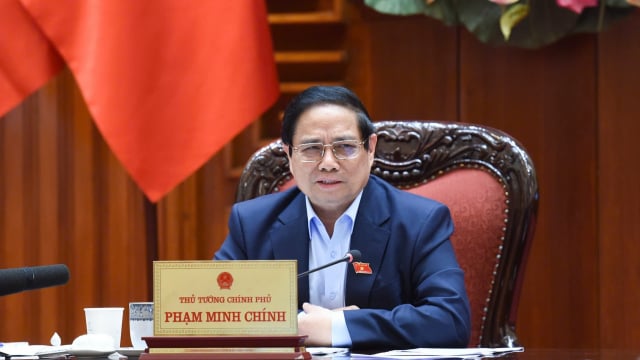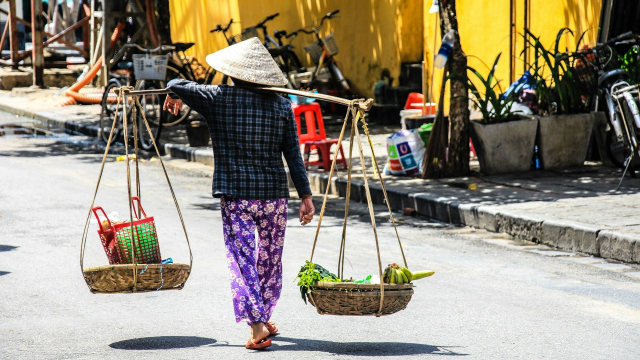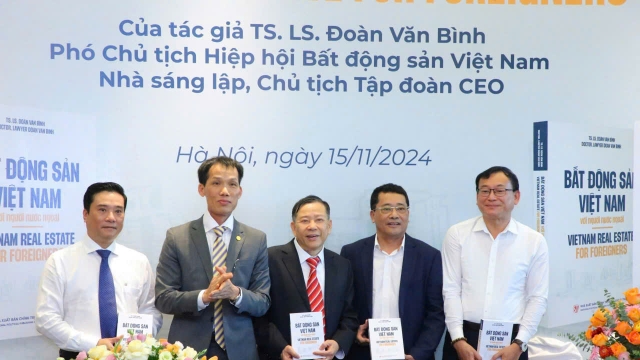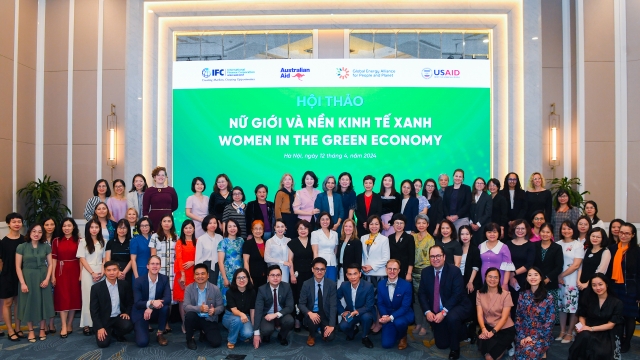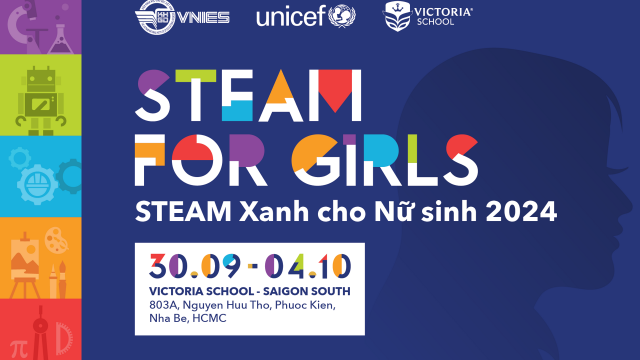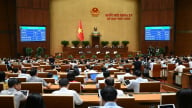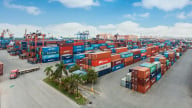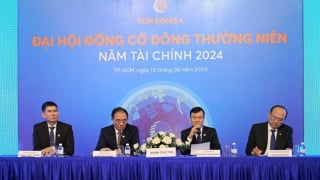The Asian Development Bank has approved a $100.6-million loan to support Vietnamese Government’s reform effort to improve health service delivery and the quality of health care providers, especially in poor, border areas and a $45 million loan to help Vietnam transform secondary towns into more economically inclusive, competitive tourism destinations.
The financing package includes an $88.6 million policy-based loan, which will provide budget support to the Ministry of Health as it implements complex reforms nationwide in key areas such as public investment governance, health service delivery, and health workforce quality in the local health care (LHC) system.
A $12 million grant, meanwhile, will complement those reforms by piloting health service delivery models in 12 districts in six provinces with high poverty rate, large minority populations, and susceptibility to health security threat.
“The program is part of ADB’s coordinated effort to help the Government of Vietnam achieve universal health coverage, including access to essential health care services,” said ADB Senior Health Specialist Gerard Servais. “The grant, in particular, will fund critical investments to help ensure quality health service delivery in remote, disadvantaged areas, with a strong focus on women’s health.”
Vietnam’s remarkable economic growth in the last three decades has helped it reduce poverty to 2.0 per cent in 2016 from 52.9 per cent in 1992. But the success is uneven across the nation. That has led to inequitable access to quality and affordable health care, resulting in disparities in public health outcomes, such as reproductive and maternal health.
The Government has recognized the need to build an adequate framework to guide public investment in the LHC system. The system, mainly including commune health stations, plays a critical role in equitable access to health care, especially in disadvantaged areas, and in strengthening health security but its facilities are often outdated. It also has weak workforce management and hasn’t adapted to the changing health needs of the population, especially in the management of rising number of noncommunicable diseases such as diabetes and cardiovascular diseases.
ADB’s program will support the government’s reforms in these areas, including 14 already accomplished policy actions. The grant also expects specific outputs. The grant will strengthen health security and implement health services delivery models which are more responsive to the needs of the population, along with electronic health records. The program will also contribute to regional cooperation in health security through the ongoing Greater Mekong Sub-region (GMS) health security project and the recently endorsed GMS regional health cooperation strategy.
Regarding tourism, ADB’s GMS Tourism Infrastructure for Inclusive Growth Project will construct climate-resilient transport and urban infrastructure needed to boost tourist arrivals and tourism services investment in Hoa Binh, Nghe An, Quang Binh, Quang Tri, and Thua Thien Hue provinces. It will also develop urban green spaces and public beaches in these provinces, where the project is expected to benefit about 168,000 residents and more than eight million visitors annually.
“Tourism is growing rapidly in Viet Nam, but most growth and corresponding socioeconomic benefits are concentrated in a few gateway destinations. To promote more inclusive and sustainable growth, it’s important for Viet Nam to increase public and private investment in secondary towns,” said ADB Project Administration Unit Head for Viet Nam Steven Schipani.
Specifically, the project will upgrade about 31 kilometers (km) of urban-rural roads and 13 passenger piers to provide visitors and residents with convenient access to cultural and historic sites in all participating provinces. To help Nghe An’s Cua Lo town attract more and higher-spending visitors year-round and adapt to climate change, the project will rehabilitate a 5.5-km seawall and beachfront drainage, improve public recreation areas, and expand market space for local vendors. Quang Tri’s Cua Viet and Cua Tung beaches will benefit from similar investments.
Using training, certification programs, and policy incentives, the project will also help ensure that tourism management in project areas meets standards set by the Association of Southeast Asian Nations.
The integrated project design incorporates lessons from more than 15 years of ADB support to foster inclusive and sustainable tourism in Viet Nam. This includes the ongoing 2014–2019 GMS Tourism Infrastructure for Inclusive Growth Project and successfully completed GMS Sustainable Tourism Development Project and GMS Mekong Tourism Development Project.

















